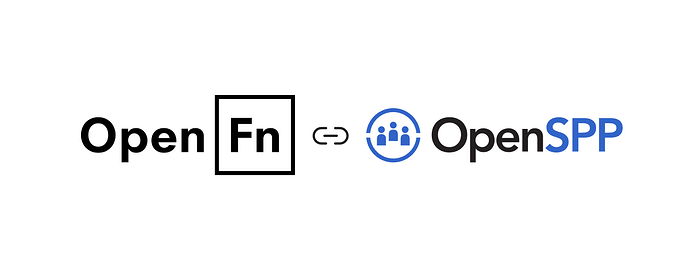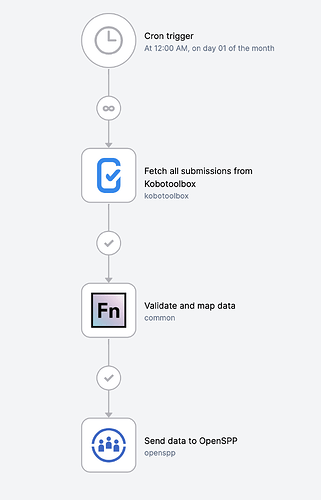Digital Public Goods (DPGs) play a pivotal role as the backbone for strengthening Digital Public Infrastructure (DPI). At their core, DPGs are open-source software, open data, open AI models, and open standards that are freely available for use and adaptation. These resources are essential for developing robust, scalable, and interoperable digital systems that can be deployed across various sectors, including health, education, and social protection. By providing foundational tools and frameworks, DPGs empower governments, organizations, and communities to build and enhance their digital infrastructure in ways that are cost-effective, sustainable, and inclusive.
In a rapidly evolving digital landscape, close collaboration and partnerships between DPGs have become essential. By working together to ensure not only interoperability but also the elimination of redundant effort, stewards of DPGs can pool resources, share knowledge, and enhance efficiency, driving us closer to achieving Sustainable Development Goals (SDGs).
OpenSPP and OpenFn Collaboration
OpenSPP is an open-source digital platform designed to enhance the efficiency and effectiveness of social protection and agricultural development programs in low- and middle-income countries. As a Digital Public Good serving over 20 million beneficiaries, OpenSPP offers a modular, highly interoperable platform with a comprehensive management information system and dynamic registries. It can be easily adapted to meet the specific needs, goals, and existing systems of any country.
The collaboration between OpenSPP and OpenFn is a powerful example of collaborative work in the DPG space. By adding an OpenSPP adaptor into OpenFn’s leading workflow automation and data-exchange platform, OpenSPP has unlocked countless data integration and automation possibilities for its user base, as OpenFn can connect OpenSPP with any other application. This effort, kick-started by the submission of a code contribution to OpenFn by the OpenSPP team, can now facilitate faster data exchange and workflow automation, playing a crucial role in managing OpenSPP’s data integration needs. As a result, this integration allows for faster integration with other systems without the need for custom code.
As OpenSPP is deployed in more countries, there is a need to ensure that other tools within the deployment ecosystem can connect to push or pull data to and from the platform.
Imagine a real-world scenario where field officers equipped with tablets and smartphones use KoboToolBox to collect vital information from residents for a social protection program. They would typically gather data on income, family details, and living conditions. Using the Cron trigger type, OpenFn fetches all submitted data at set intervals from the Kobotoolbox server for cleaning, validation, and mapping. The mapped data is then fed into OpenSPP, which utilizes this information to identify eligible beneficiaries and distribute the appropriate entitlements. This streamlined process could ensure that the right support reaches those in need efficiently and accurately, leveraging the power of automation and data integration to enhance social protection efforts. This could not only improve the accuracy and timeliness of benefit delivery but also enhance the overall accountability and transparency of the program.
In closing, as we continue to navigate this changing digital landscape, it is vitally important to support and foster these collaborations, empowering governments, organizations, and communities to build robust, scalable, and inclusive digital systems. Join us in promoting and investing in DPG partnerships to create a more efficient, accountable, and inclusive future for all.
If you’d like to learn more, check out the OpenFn Adaptors documentation or contact the OpenFn Product Team via our community forum for more information!

